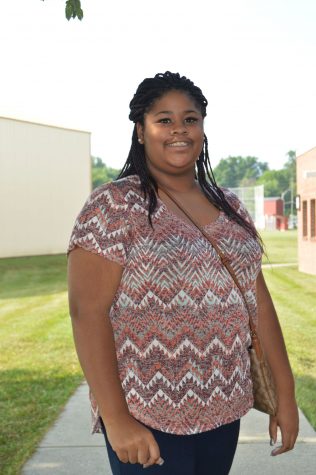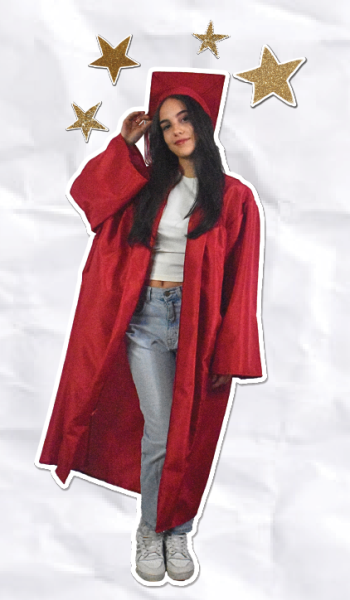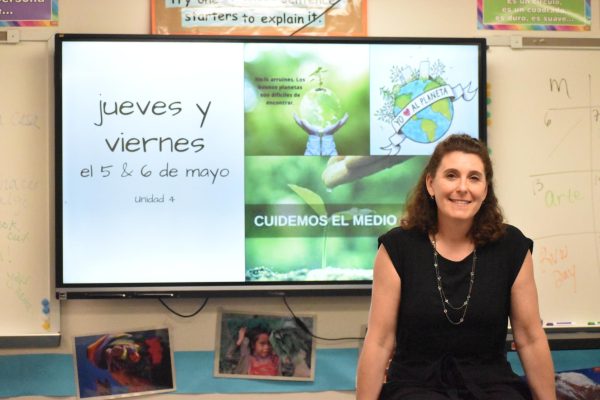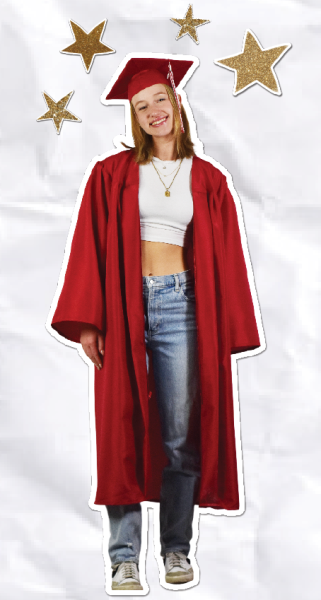Conspiracy theories: legit or quit?
October 5, 2016
It all started with a click of a button, and a decision that has affected a student’s life. Junior Emily Chambers strongly believes in conspiracy theories after Youtuber Shane Dawson provided various videos on conspiracy theories, including one specifically addressing the Mandela Effect.
An example of the Mandela Effect on people would be a common misconception of the childhood tv show, “The Berenstain Bears.” Some students may know this show as “the Berenstein Bears” but it is really spelled with an “a” instead of an “e.”
According to Chambers the reason for this change was due to the Mandela Effect.
The Mandela Effect, is when there are things that everyone remembers but they’re not actually that way.
Not all conspiracy theories are resourceful or credible, however, says Chambers. There are some resources you can find in order to see if that conspiracy is reliable or not.
SHS senior Kendall March is also familiar with the Mandela effect.
“(The Mandela Effect) makes me angry,” March said.
According to March, she doesn’t understand as to why “The Berenstain Bears” is spelled with an “a” instead of an “e”. A childhood memory turned into a conflict with the spelling of a children’s book and television show, conflict between a person’s memory and the truth.
“I don’t understand…I know the spelling is incorrect because I vividly remember how it was spelled,” March said.
Between March and Chambers, only one agrees with the Mandela Effect but, what about the other theories that pertain to this subject and what makes a conspiracy theory?
SHS Psychology teacher Dan Jones, takes on a different approach on conspiracy theories. According to Jones, certain conspiracy theories are false and their evidence is sketchy, such as the conspiracy theory involving the government and their servers going down contributing to the lack of ability to retrieve certain emails.
Jones also holds the belief that these theories are based off conclusions that are branched from another conclusion or an idea from the actual truth.
“When evidence points to a conclusion but you draw a different conclusion based upon some guy on the internet in his mom’s basement…I generally disagree with most prominent popular conspiracies,” Jones said.
According to Jones, one of the popular conspiracy theories is the 9/11 attacks involving the conclusion that the twin towers could not fall down as fast as they did.
“Purdue University is the one who built a model of the twin towers and showed evidence that the towers could have fallen in the rate that they did,” Jones said.
According to Jones there are three stages of processing someone’s memory: encoding, storing and retrieving.
“You can fail on all three of these (stages),” Jones said.
Along with these stages are two main interferences that could mess up the process of creating a memory.
“There is proactive interference, and retroactive interference…All the time what people see, isn’t how they see it,” Jones said.
So are students and teachers able to rely on these theories or do their memories affect not just the present but the past?







